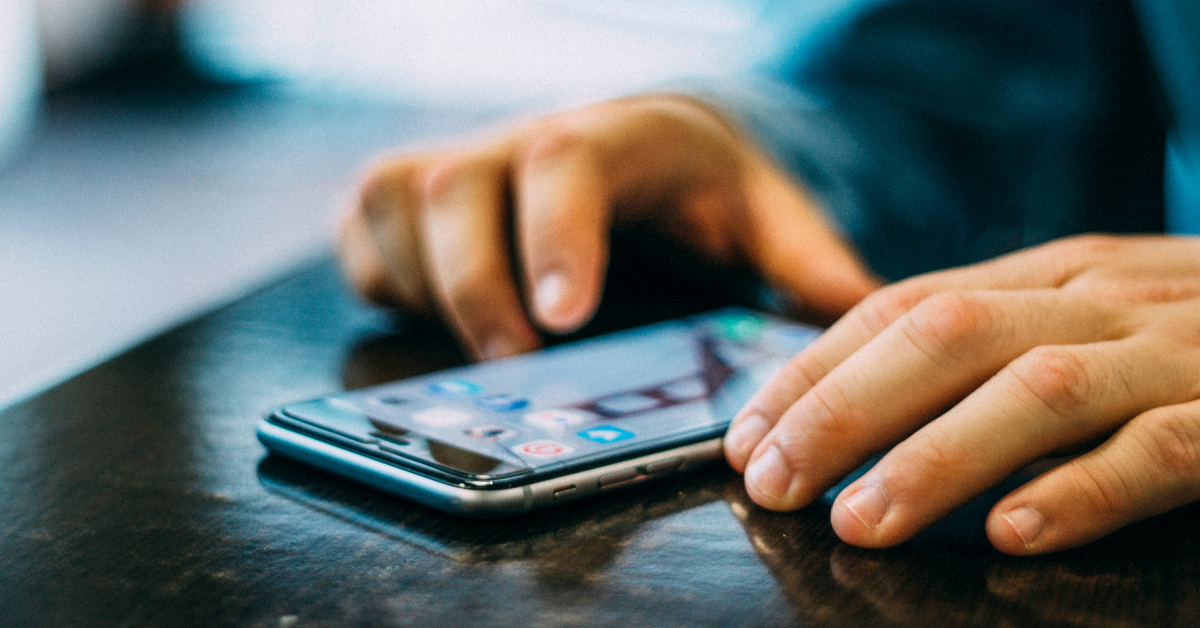Vodafone boss Jason Paris on why it’s important to only throw one ball at a time.
Leadership in extraordinary times is a series for Stuff in which Henri Eliot talks to key business leaders on how they are dealing with the impact of Covid-19.
This time it is Jason Paris, chief executive at Vodafone.
What do you see as the biggest challenges for leaders in times of crisis?
Trying to stop your organisation from going back to “normal” after a crisis.
A crisis is often when your people are at their finest. You have an overwhelming common goal that drives fast cross-functional action across the company, combined with a massive collective desire to help customers. People forget and bypass the organisation’s bureaucratic processes, policies and hierarchy and just get the job done. Unfortunately we often revert back to our old ways of working after the crisis has subsided. You often hear people say “we are brilliant in a crisis”, when in fact we should try to be brilliant every day.
Being distracted by the urgent and not delivering on the important.
We should never waste a crisis, and yet we often do. In a crisis, there are so many urgent things coming at us every day that we sometimes lose the opportunity to make the few big important changes that will really change the trajectory of your business over the long term.
For us, in terms of Covid-19, that’s clearly about the acceleration of digital adoption. More and more New Zealanders are comfortable, and indeed prefer, the ability to access products and services online. Whether it’s talking to whanau via video, ordering groceries online or remote learning and working – digital adoption has been brought forward years by Covid-19.
This is a massive opportunity for us and for New Zealand, which we can’t waste.
It seems to be a time when there’s going to be intense focus on every leader’s actions. How can you be sure to communicate effectively at times like these?
First we believe that it’s important to be completely transparent at all times with our team, customers, owners, partners and media about what is happening in the business. Even when we are making a decision that we know won’t be liked, we try to always be upfront and explain the rationale openly and honestly.
Secondly, we keep to a single message. If you throw someone three tennis balls at once, they won’t catch any – throw them one, and they will catch it. It’s the same with communicating.
Next, just when we think that we’ve communicated enough, we triple it – and then use every channel available to us. We know that everyone receives, interprets and understands information in differing ways, so at Vodafone we focus on communicating with a lot of variety – be it face to face, livestreams, kitchen chats, email, video, infographics ….you name it, we’ll use it.
Lastly, communication absolutely has to be two-way, so we encourage a “front up” feedback culture, and outside the business I spend a lot of time every day talking directly to customers on social media, because in the end, you simply can’t beat direct, unfiltered, unmediated, transparent feedback.
But leaders are people, too – who also have needs. Leaders are also struggling and stressed and financially uncertain. How do they not run dry in times like this?
I’ve never really liked the phrase “work/life balance”, I’ve always preferred to think about it as “work life choice”; You simply can’t be at your best at work if you aren’t at your best at home.
If I’m at work, I’ve chosen to be there and I try to be 100 per cent committed and focussed. When I’m at home, I try not to feel guilty about all the work I haven’t done yet and always be 100 per cent committed and focussed on my family and friends. I find that I’m at my worst when I’m at work and worrying about something at home, or at home and on my mobile phone when I should be spending time with the kids. It’s something that I still struggle with every day.
I also think it helps if you love what you do. I genuinely cannot believe that I have been given the opportunity to lead this business at this time. I’m a passionate New Zealander and Southlander and, in the end, we all want to do our absolute best and leave behind a better New Zealand for future generations. That’s inspiration in itself.
So, what is your biggest piece of advice to give any business out there?
Make the big calls, early. This crisis is forcing all businesses, including ours, to take stock, and consider what might have changed forever and then embrace it as an incredible opportunity.
History has proven that those that make the big, tough calls early come out the other side significantly better positioned. Those that don’t, often won’t come out the other side at all.
What other question would you like to ask yourself?
Not really a question, but I wanted to give a shout out to the Vodafone Warriors and the other organisations that have had their industry, and their people, massively impacted by Covid-19.
Industries such as tourism, sports, media, hospitality and many others have been hit incredibly hard, through no fault of their own.
We all have a collective responsibility to play a part in the recovery, and use this as a chance to reset what we want to be and what we want to stand for as a nation. Compared to many countries, we have navigated the crisis well so far.
I’d like to think that the values of Manaakitanga (Service to Others), Tikanga (Doing What’s Right), Kaitiakitanga (Sustainability), Kotahitanga (Inclusion), Whanaungatanga (Relationships) and Wairuatanga (Wellbeing), will become more and more part of the Boardroom and Leadership discussions in New Zealand.
© 2020 Stuff Limited

